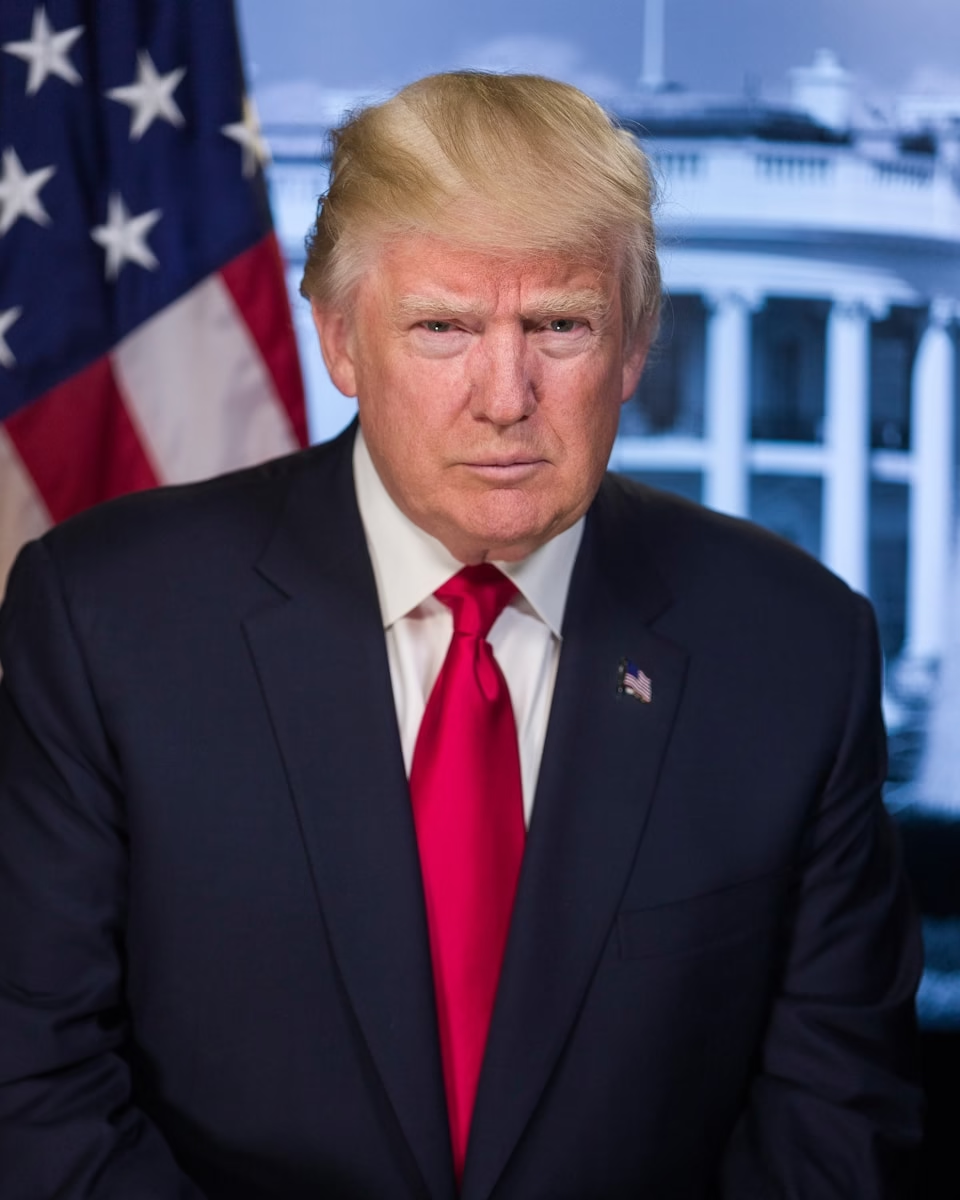Key Takeaways
- Trump berated ABC reporter Mary Bruce and called her “terrible.”
- He urged his FCC chair to strip ABC of its broadcast license.
- He attacked late-night host Seth Meyers and told NBC to fire him.
- These Trump threats aim to pressure media companies.
- Experts say we must curb a president’s power over the FCC.
How Trump Threats Target Media Freedom
Trump’s clash with Mary Bruce grabbed headlines. During a White House meeting with the Saudi crown prince, Mary Bruce asked a tough question. Trump snapped at her tone. He said, “It’s not the question I mind; it’s your attitude.” Then he added, “You’re a terrible person and a terrible reporter.” Yet his real blow came next. He branded ABC a “crappy company” and demanded its license be yanked. He even told his top FCC regulator to act. Such Trump threats risk chilling free speech across the country.
Trump’s Clash With Mary Bruce
In the meeting, Bruce did her job. She asked clear, direct questions about U.S.-Saudi relations. However, Trump focused on tone over content. He insisted she had bad “attitude.” He then lashed out at ABC’s leadership. Reporters often face insults from public figures. Yet Trump’s jabs went beyond routine back-and-forth. He attacked an entire news network’s right to operate. This move marks a new chapter. Now reporters might worry that hard questions could cost their employers dearly.
Threat to ABC’s License
When Trump called ABC a “crappy company,” he crossed the line. He reached for the one tool that truly scares media bosses: broadcast licenses. He urged his FCC chair, Brendan Carr, to strip ABC of its license. In America, the FCC grants local TV stations the legal right to broadcast. Losing that right shuts down a network’s reach overnight. No other president has openly threatened to revoke a network’s license for tough reporting. These Trump threats signal a dangerous test of power.
Pressure on NBC and Late-Night
Trump threats didn’t stop at ABC. He attacked late-night host Seth Meyers on his own social platform. He accused Meyers of “Trump Derangement Syndrome.” Next, he told NBC to fire him immediately. This shows a pattern. Trump hits a target, then warns the bosses. He did it before with CBS’s parent, Paramount. He sued CBS and then, through the FCC, blocked a major corporate sale. Shortly after, CBS dumped Stephen Colbert. Corporations feared losing licenses more than they valued popular shows.
Why Trump Threats Matter
First, these threats chill free speech. When networks fear revenue losses, they may soften coverage. They might avoid tough questions or replace critical reporters. As a result, the public sees a weaker press. Second, media independence faces an unprecedented test. Normally, newsrooms rely on editorial judgment, not political favors. Now, they must weigh potential losses if they cross the president. Third, long-term damage to democracy is real. A free press checks power. Yet Trump threats aim to weaken that check. This strategy endangers open debate and informed voting.
Signs of a Chilling Effect
We already see signs. Some news outlets ask softer questions on sensitive topics. Others drop aggressive reporting projects. Editors worry about angry tweets from the White House. Corporate leaders fret over stock prices and advertising revenue. Even tech platforms consider self-censorship. They do so to avoid retaliation. In this climate, journalists must report facts and speak truth to power. Yet Trump threats can push them into safer zones, where criticism is mild or rare.
A Call for Reform
Experts urge changes to restore balance. One key fix: strip the president of power to appoint the FCC chair. This would remove a direct channel for political retaliation. Instead, an independent process could select regulators. Additionally, Congress could set clearer limits on when the FCC may revoke licenses. For example, it should only act in cases of technical violations or serious lawbreaking. Broad editorial decisions should not trigger license reviews. These steps can shield media from undue presidential pressure.
Protecting the Press in Practice
Media companies must also stand firm. When Trump threats arise, networks should unite and speak out. A coalition of outlets could file a joint complaint or lawsuit. This show of solidarity would deter political bullying. Journalists, in turn, can treat insults as badges of honor. Hard-hitting questions remain essential. Transparency and courage build public trust. In the end, a defiant press strengthens democracy.
Looking Ahead
Trump threats have become a predictable pattern. Personal insults grab headlines, but threats against corporate profits carry more weight. These threats exploit legal tools like broadcast licenses, FCC approval, and mergers. Over time, they may erode the robust, independent media America needs. However, with legal reforms and industry unity, journalists can push back. They can continue to hold leaders accountable, no matter who sits in the Oval Office.
Frequently Asked Questions
How do Trump threats affect everyday viewers?
When networks face pressure, they may offer less critical coverage. Viewers see fewer tough questions and less investigative reporting. This limits public awareness of key issues.
Can the FCC actually revoke a network’s license for bad reporting?
Technically, the FCC can act only for legal or technical violations. Challenging a license over content alone would face legal hurdles and public backlash.
What protection do reporters have against political retaliation?
Reporters have strong free-press protections under the Constitution. Still, media corporations must resist undue political pressure to ensure fair coverage.
How can citizens support independent journalism?
Readers can subscribe, donate to public radio, and buy newspapers. They can also share news from trusted outlets to help sustain a free press.
